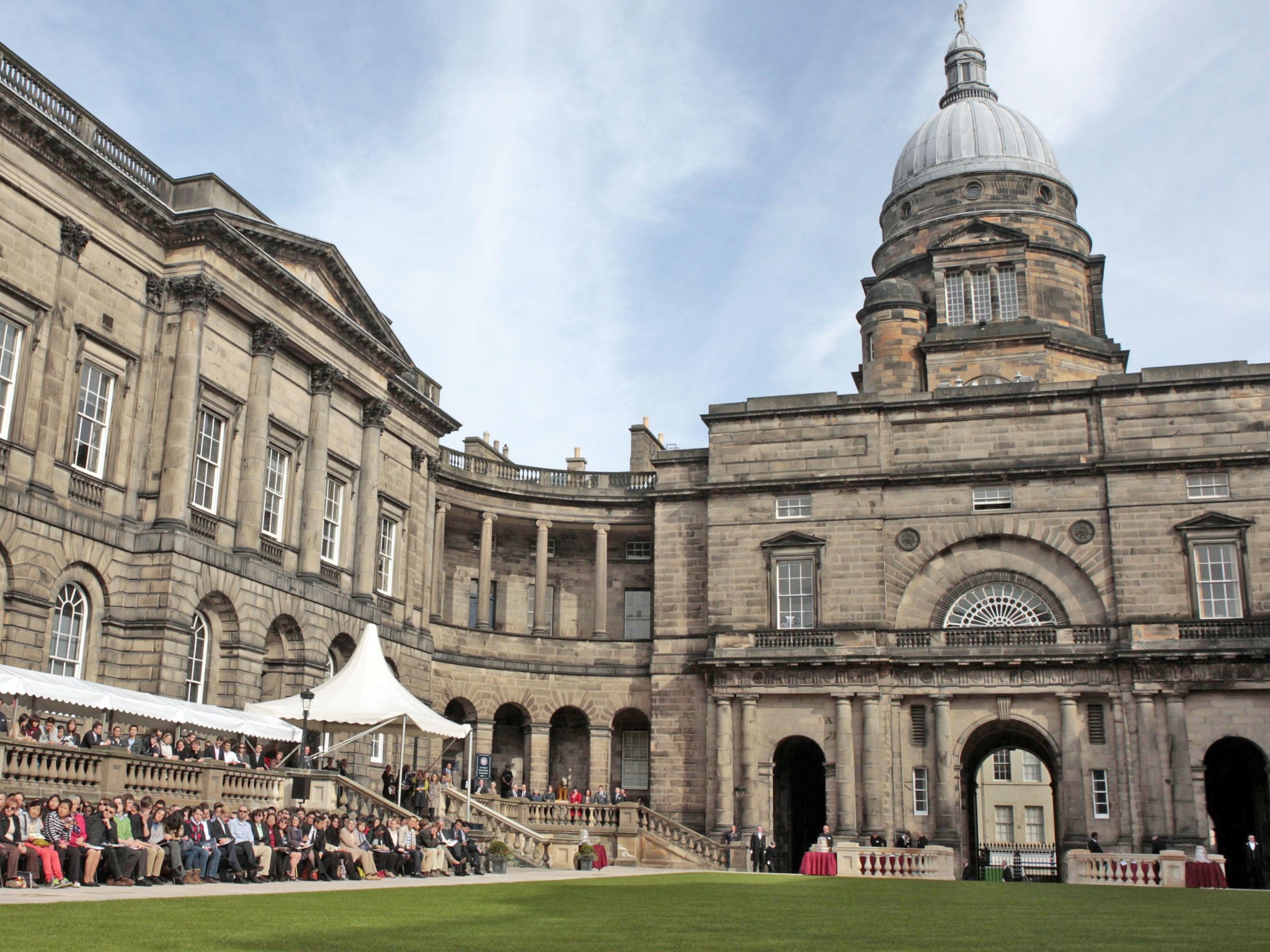Colleges favour zero-hours contracts, says lecturers' union research

Your support helps us to tell the story
From reproductive rights to climate change to Big Tech, The Independent is on the ground when the story is developing. Whether it's investigating the financials of Elon Musk's pro-Trump PAC or producing our latest documentary, 'The A Word', which shines a light on the American women fighting for reproductive rights, we know how important it is to parse out the facts from the messaging.
At such a critical moment in US history, we need reporters on the ground. Your donation allows us to keep sending journalists to speak to both sides of the story.
The Independent is trusted by Americans across the entire political spectrum. And unlike many other quality news outlets, we choose not to lock Americans out of our reporting and analysis with paywalls. We believe quality journalism should be available to everyone, paid for by those who can afford it.
Your support makes all the difference.Universities and colleges are twice as likely to use zero-hour contracts than the workplace in general, according to research published today by a lecturers' union.
A dossier compiled by the University and College Union indicates more than 30,000 people have been hired on them - the majority working in universities.
The findings have prompted Simon Renton, the union's president, to warn of a “murky world of casualization in further and higher education”.
The survey found that 61 per cent of further education colleges and 53 per of universities who replied to the union's FoI request had staff on zero-hours contracts. They were in the main teaching staff but included students who could be called in to carry out casual work.
Five institutions had more than 1,000 staff on zero-hours contracts - with the University of Edinburgh employing the most at 2,712. In all, just over 24,000 were employed by universities.
According to the union's researchers, the number of staff on zero-hour contracts amounted to 47 per cent of the staff they had declared in annual returns to the Higher Education Statistics Agency.
Mr Renton added: “Their widespread use is the unacceptable underbelly of our colleges and universities.
"Employers cannot hide behind the excuse of flexibility. This flexibility is not a two-way street and, for far too many people, it is simply a case of exploitation.“
The research prompted Labour's shadow Universities Minister Shabana Mahmood to call for a ”proper consultation“ on the use of zero-hour contracts.
"With zero-hours contracts we've seen what used to be a marginal and niche element of the employment landscape proliferate as working life has become less secure under David Cameron and this Try-led Government,“ she added. ”We have seen this trend across a range of different sectors so we need an approach which looks at the rise of insecurity at work across the board.
“Recent statistics have highlighted that there may be hundreds of thousands more people on zero-hours contracts than previously thought. But ministers have refused to launch a proper consultation with a call for evidence to examine the proliferation of zero-hours contracts and its consequences.”
Business Secretary Vince Cable has asked for a review of this type of contract - research last month showed there could be as many as one million employees employed on such contracts.
“In the past decade, there has been a steady rise in the number of zero-hour contracts,” said Mr Cable. “For some these can be the right sort of employment contract, giving workers a choice of working patterns.”
However, he added there had been “anecdotal evidence of abuse by certain employers - including in the pubic sector - of some vulnerable workers at the margins of the labour market.”
A spokesman for the Universities and Colleges Employers Association said: “”We do know that zero-hours or other variable contracts are offered to thousands of students signed up for casual work to fit in around their studies and to highly skilled professionals contributing specialist teaching on specific courses.
“Some individuals only contribute a few hours on a course, so using a 'headcount' for the sector is very misleading.”
He said the UCEA had offered joint talks with the union to discuss the issue.
A spokesman for Edinburgh University said it employed “significant numbers of staff” on an “hours to be notified” basis in teaching support, providing conference services and other roles , adding: “No more than five per cent of work in the university is paid in this way.”
They were paid on the same terms and conditions as full-time staff and were used rather than agency or casual staff. The university was in talks with unions and was “committed to ceasing the use of ‘hours to be notified’ contracts” in favour of offering all employees guaranteed hours. The majority would be switching to the new terms by the end of the year.
Join our commenting forum
Join thought-provoking conversations, follow other Independent readers and see their replies
Comments